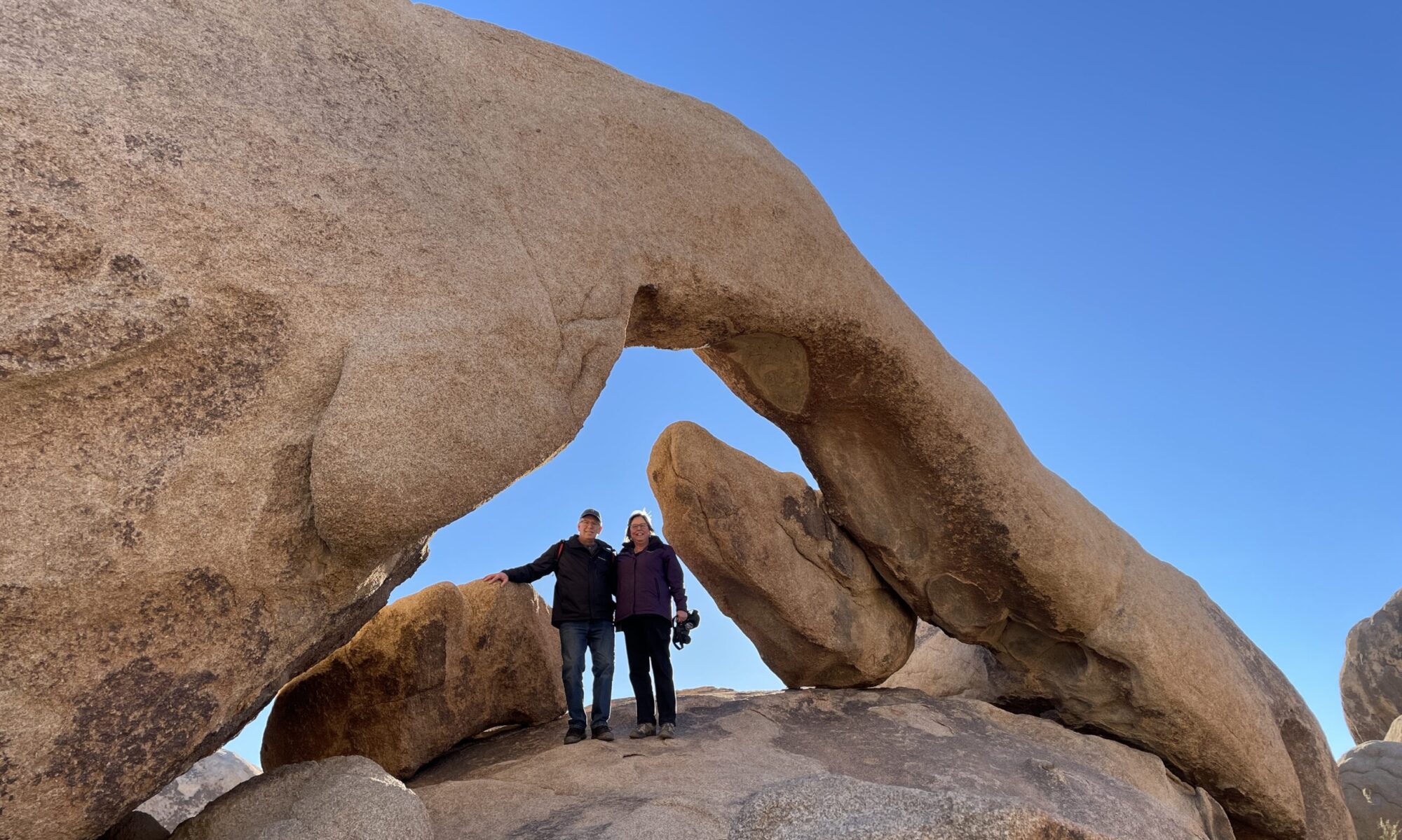These three phrases are spoken quite regularly in our current national political discourse. There is a desire for primary leaders and actors in our national drama to speak on the record and be examined under oath and not be above the law. The tension this desire reveals is the suspicion or suggestion that there will be different answers given when someone is speaking on the record or under oath than when they respond in public media or private conversations. The tension highlights the gap or disconnection or contradiction that is believed to exist between what someone is saying and what is really true.
On the record and under oath describe careful and limited discourse that happens in a specific context, often legal and adversarial. To speak off the record, not under oath, or as an anonymous source allows us to speculate wildly or use drastic and combative language to shape or frame a narrative before other sides of the conflict weigh in with their comments. Speaking off the record also is often how we first learn of controversies and troubles. There is a freedom to speak more openly when not making official statements.
As people of faith and followers of Jesus, we are called to live lives that are not characterized by drastic differences between what we say and do and what is true. Jesus invites us to a free and abundant life in love with God and our neighbor and our self. We are invited to find unity and wholeness in God’s mercy and grace as individuals and communities. We are given light and guidance by the Holy Spirit to see the truth of our lives. We understand the differences between our walk and our talk to be conditions of our humanity, we are sinful and have limited understanding of the mystery of this life we share.
The demand to speak on the record and under oath are used as weapons against opponents. We judge resistance or unwillingness to go on the record or testify under oath as a fear that our lives or statements or actions will be revealed to be false or misleading. By holding to this negative and combative view of going on the record or speaking under oath, we miss the redeeming freedom Christ gives us to confess the distance in our lives between how we live and what is true.
“If we say we have no sin, we deceive ourselves, and the truth is not in us. If we confess our sins, he is faithful and just, and will forgive our sins and cleanse us from all unrighteousness (1 John 1:8-9).
How then do we respond in this atmosphere of suspicion that lacks direct truthful conversation and genuine spiritual reflection?
In The Patient Ferment of the Early Church, Alan Kreider writes: How then did the church grow? Scholars have seen the church’s growth as coming through something modest: “casual contact.” In all these relationships, “affective bonds” were formed. The most reliable means of communicating the attractiveness of the faith to others and enticing them to investigate things further was the Christians’ character, bearing, and behavior. The habitus of the individual Christian was crucial (81; my emphasis).
As a result, out of their love for their cultures, the Christians attempted to embody alternatives that pointed the way forward for the healing of their cultures. Both as individual believers and also as believing communities, they lived lives that contain a yes and a no. With both they aimed to make a positive contribution to the common good (98; my emphasis).
It is not easy to live authentic lives in the tension of our culture. We find strength in God’s grace and our shared spiritual community to be honest about our brokenness and still make positive contributions to the common good.

